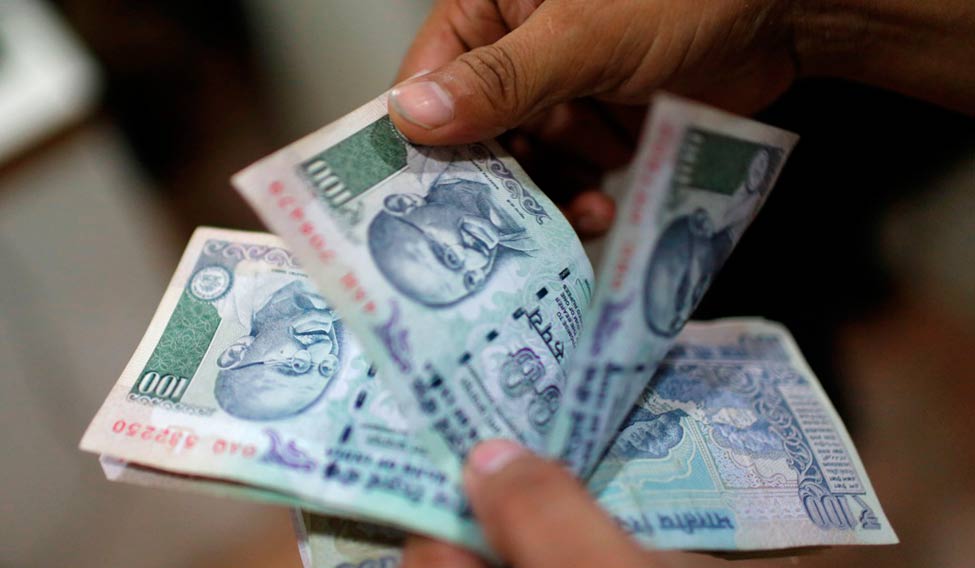Seeking to stem the flow of blackmoney in polls, the Election Commission has urged the government to amend laws to ban anonymous contributions of Rs 2000 and above made to political parties.
There is no constitutional or statutory prohibition on receipt of anonymous donations by political parties. But there is an "indirect partial ban" on anonymous donations through the requirement of declaration of donations under section 29C of The Representation of the People Act, 1951. But, such declarations are mandated only for contributions above Rs 20,000.
As per the proposed amendment, sent by the Commission to the government, and made part of its compendium on proposed electoral reforms, "anonymous contributions above or equal to the amount of Rs two thousand should be prohibited."
Revenue Secretary Hasmukh Adhia clarified that political parties cannot accept old 500 and 1,000 rupee notes as donations as both these bills have ceased to be legal tenders.
"All reports on the alleged privilege to political parties are false & misleading. Political parties have not been granted any exemption or privilege, post demonetisation & introduction of Taxation Amendment Act, 2016," he said in a series of tweets.
"Post demonetisation, no political party can accept donations in Rs 500 and Rs 1,000 notes since they were rendered illegal tenders. If there is any discrepancy, political parties are as liable to be questioned by IT authorities as is anyone else. They enjoy no immunity," Adhia added.
The Commission has also proposed that exemption of Income Tax should only be extended to political parties that contest elections and win seats in Lok Sabha or assembly polls.
Section 13A of the Income-tax Act, 1961 confers tax exemption to political parties for income from house property, income by way of voluntary contributions, income from capital gains and income from other sources.
Only income under the head 'salaries and income from business or profession' are chargeable to tax in the hands of political parties in India.




